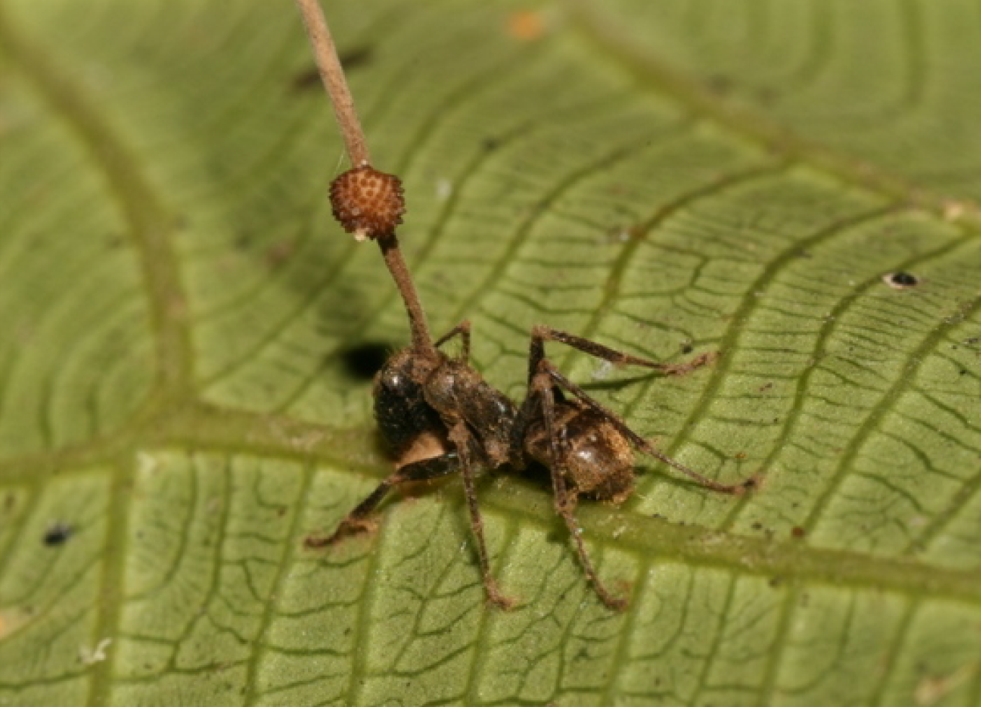Deep within the dense forests of West Africa lies a plant shrouded in ancient mystery and modern intrigue: Iboga. Revered for centuries by indigenous tribes, this root has recently caught the attention of the global medical community for its potential in treating addiction. With its origins deeply embedded in the cultural fabric of Central Africa, Iboga is now making waves in the world of psychedelic therapy. This article delves into the multifaceted nature of Iboga, exploring its cultural significance, scientific properties, and its promising role in addiction treatment.
The Historical Roots of Iboga

The use of Iboga dates back centuries, primarily among the Bwiti religion practitioners in Gabon, Cameroon, and the Republic of the Congo. These communities have long considered Iboga a sacred plant, using it in spiritual rituals to connect with ancestors and the divine. The Bwiti ceremonies are often intense, with participants consuming the root to enter a heightened state of consciousness. This connection to the spiritual world is seen as a rite of passage, offering insights and wisdom. The cultural significance of Iboga cannot be overstated; it is as much a part of these communities’ identities as their language and traditions. The reverence for this plant is akin to the way the Native Americans regard Peyote, highlighting its profound spiritual importance.
The Scientific Composition of Iboga

At the heart of Iboga’s effects is a compound known as ibogaine. This alkaloid is the primary psychoactive element that induces the plant’s hallucinogenic properties. When consumed, ibogaine interacts with multiple neurotransmitter systems in the brain, including serotonin and dopamine pathways. This interaction is what produces the intense visions and introspective experiences associated with Iboga use. Moreover, ibogaine has a unique ability to reset the brain’s chemistry, which is particularly beneficial in treating addiction. The complexity of ibogaine’s interaction with the brain is still being unraveled by scientists, but its potential is undeniable. Like a locksmith with a master key, ibogaine seems to unlock parts of the brain that are otherwise inaccessible.
Iboga in Modern Medicine

In recent years, Iboga has gained attention for its potential to treat various addictions, particularly to opioids. Unlike traditional treatments, ibogaine has been found to significantly reduce withdrawal symptoms and cravings. This has made it a beacon of hope for many battling the chains of addiction. Clinical trials and anecdotal evidence suggest that a single session with ibogaine can lead to profound changes in an individual’s addiction patterns. While still in its nascent stages in Western medicine, the results are promising enough to warrant further investigation. The journey from traditional African rituals to modern therapy is a testament to the plant’s enduring power and potential.
Understanding the Iboga Experience

The Iboga experience is not for the faint of heart. Those who have partaken in its consumption describe it as an intense and often grueling journey. Participants are typically advised to prepare mentally and physically before embarking on this psychedelic voyage. The visions experienced can be vivid and enlightening, offering insights into one’s past, present, and future. Many describe the experience as a life review, akin to watching a movie of one’s life unfold. Despite its intensity, many who undergo the Iboga experience emerge with a renewed sense of purpose and clarity. It’s like emerging from a storm to find a world washed clean and filled with new possibilities.
Risks and Precautions

While Iboga holds promise, it’s not without risks. The plant can have serious side effects, including cardiac complications, which makes it essential for its use to be monitored by medical professionals. There have been instances where unsupervised use has led to fatal outcomes, underscoring the importance of a controlled setting. Moreover, not everyone is a suitable candidate for Iboga therapy. Those with pre-existing health conditions must approach this treatment with caution. It’s akin to navigating a treacherous mountain trail; preparation and guidance are key to a safe journey.
The Legal Landscape of Iboga

The legal status of Iboga varies significantly across the globe. In some countries, it’s classified as a controlled substance, while others allow its use within a therapeutic or religious context. This patchwork of regulations reflects the ongoing debate about the role of psychedelics in modern society. In regions where Iboga is legal, clinics have emerged offering treatment programs for those seeking help with addiction. These clinics often operate in a legal gray area, balancing between traditional practices and modern medical protocols. The legal complexities surrounding Iboga highlight the broader conversation about drug policy and the potential benefits of psychedelics.
Iboga’s Cultural Renaissance

Beyond its medical application, Iboga is experiencing a cultural renaissance. Artists, musicians, and writers are drawing inspiration from their Iboga experiences, leading to a resurgence of interest in the plant’s cultural heritage. This renewed fascination is fostering a deeper appreciation for the traditions of the Bwiti and other indigenous groups. The intersection of ancient rituals and contemporary art forms is creating a unique cultural tapestry. Like a phoenix rising from the ashes, Iboga is finding new life in the modern world, bridging the gap between past and present.
Global Perspectives on Iboga

As Iboga gains international attention, perspectives on its use are evolving. Some view it as a potential game-changer in addiction treatment, while others remain skeptical of its efficacy and safety. The discourse surrounding Iboga is emblematic of the broader conversation about psychedelics in society. As researchers continue to explore its potential, the global community is watching closely. The dialogue around Iboga is a microcosm of the larger debate about the role of traditional medicines in contemporary healthcare. It’s a conversation that blends science, culture, and ethics in a complex and ever-evolving narrative.
The Future of Iboga Research

The future of Iboga research is promising yet uncertain. Scientists are keen to explore its full potential, but challenges remain. Funding for psychedelic research is limited, and societal stigma still lingers. However, as more success stories emerge, there is growing momentum to further investigate Iboga’s capabilities. Collaborative efforts between traditional healers and modern scientists could pave the way for groundbreaking discoveries. The journey ahead is akin to exploring uncharted territory, full of potential and obstacles. Yet, the promise of Iboga as a tool for healing offers hope for many seeking a lifeline from addiction.
Conclusion

In the mysterious world of psychedelics, Iboga stands out as a beacon of both ancient wisdom and modern potential. Its journey from the sacred rituals of West Africa to the forefront of addiction therapy is a testament to its enduring power. As we continue to unravel its mysteries, Iboga offers a glimpse into a future where traditional knowledge and modern science converge to address some of humanity’s most pressing challenges. The story of Iboga is still unfolding, and its impact on the world is only beginning to be understood. In a world in search of healing and connection, Iboga may hold the key to unlocking new paths to recovery.




